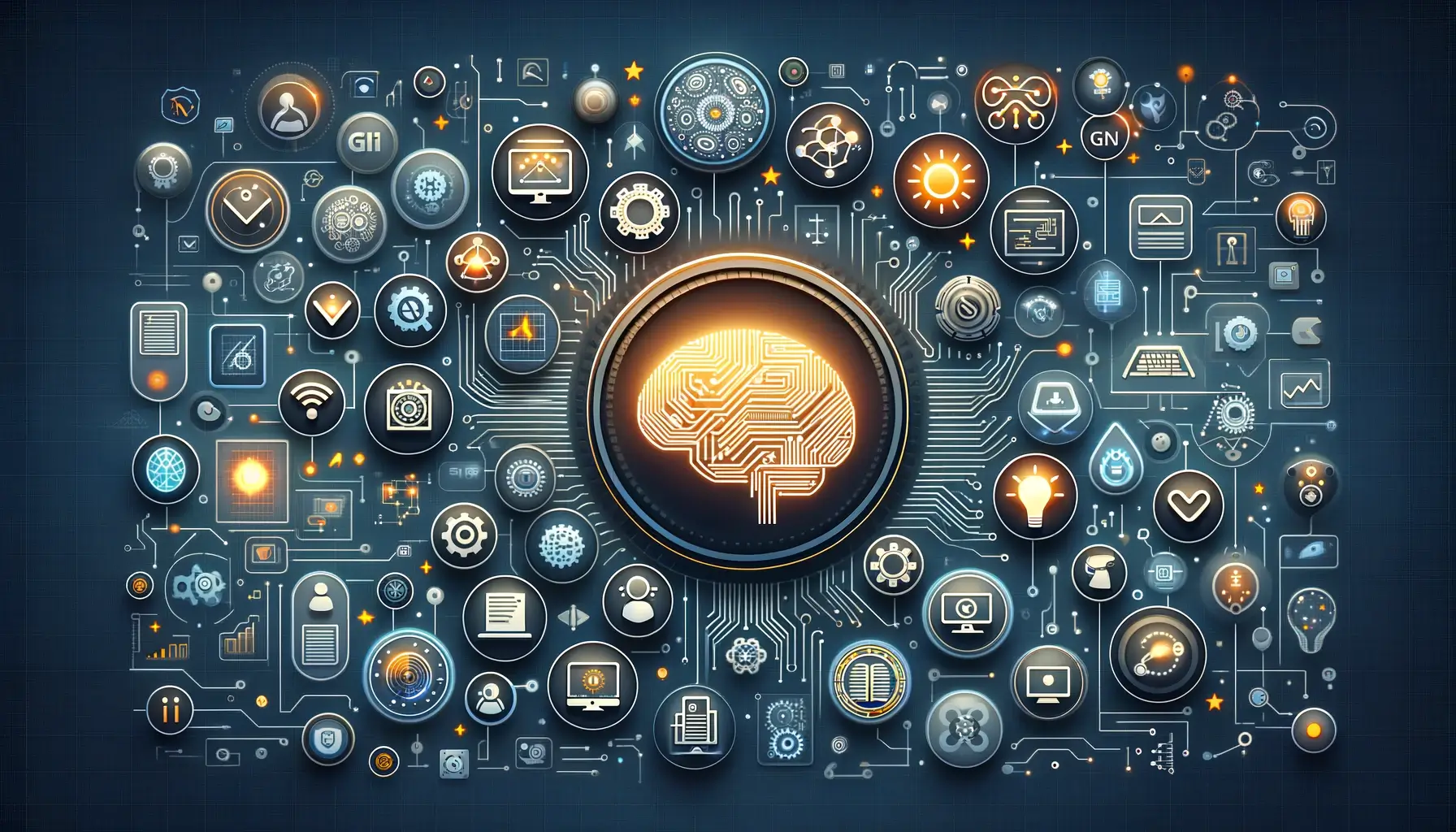
Vijay Gadepally, classihub.in a senior team member at MIT Lincoln Laboratory, leads a number of tasks at the Lincoln Laboratory Supercomputing Center (LLSC) to make computing platforms, and the expert system systems that operate on them, more effective. Here, Gadepally goes over the increasing use of generative AI in daily tools, its surprise environmental effect, and a few of the manner ins which Lincoln Laboratory and the higher AI neighborhood can reduce emissions for a greener future.
Q: What trends are you seeing in terms of how generative AI is being used in computing?

A: Generative AI utilizes artificial intelligence (ML) to create new material, like images and text, based upon data that is inputted into the ML system. At the LLSC we develop and develop a few of the biggest scholastic computing platforms on the planet, and over the previous few years we have actually seen a surge in the variety of jobs that need access to high-performance computing for generative AI. We're likewise seeing how generative AI is altering all sorts of fields and domains - for utahsyardsale.com instance, iuridictum.pecina.cz ChatGPT is already influencing the class and the workplace faster than regulations can seem to keep up.
We can think of all sorts of uses for generative AI within the next years or so, like powering highly capable virtual assistants, developing new drugs and products, and even improving our understanding of fundamental science. We can't forecast everything that generative AI will be used for, however I can certainly say that with increasingly more intricate algorithms, their compute, energy, and climate effect will continue to grow extremely rapidly.
Q: What strategies is the LLSC using to mitigate this environment effect?
A: We're constantly searching for methods to make computing more effective, as doing so helps our data center take advantage of its resources and enables our clinical colleagues to press their fields forward in as efficient a way as possible.
As one example, we have actually been minimizing the quantity of power our hardware consumes by making simple changes, comparable to dimming or shutting off lights when you leave a room. In one experiment, we lowered the energy usage of a group of graphics processing systems by 20 percent to 30 percent, mariskamast.net with minimal influence on their performance, by imposing a power cap. This strategy also lowered the hardware operating temperatures, making the GPUs much easier to cool and longer long lasting.

Another method is altering our behavior to be more climate-aware. At home, some of us might select to utilize eco-friendly energy sources or intelligent scheduling. We are utilizing similar strategies at the LLSC - such as training AI designs when temperature levels are cooler, or when local grid energy need is low.
We likewise recognized that a lot of the energy spent on computing is typically wasted, like how a water leakage increases your bill however with no advantages to your home. We developed some brand-new strategies that permit us to monitor computing work as they are running and then terminate those that are unlikely to yield excellent results. Surprisingly, in a variety of cases we discovered that most of computations might be ended early without jeopardizing the end outcome.
Q: What's an example of a task you've done that decreases the energy output of a generative AI program?
A: We recently developed a climate-aware computer system vision tool. Computer vision is a domain that's concentrated on using AI to images; so, differentiating between felines and canines in an image, properly identifying items within an image, or looking for parts of interest within an image.
In our tool, forum.altaycoins.com we consisted of real-time carbon telemetry, which produces info about how much carbon is being released by our regional grid as a design is running. Depending upon this details, our system will instantly change to a more energy-efficient variation of the model, which normally has fewer criteria, in times of high carbon strength, or menwiki.men a much higher-fidelity version of the design in times of low carbon strength.
By doing this, we saw an almost 80 percent reduction in carbon emissions over a one- to two-day duration. We just recently extended this concept to other generative AI jobs such as text summarization and discovered the same results. Interestingly, the performance sometimes improved after using our method!

Q: What can we do as consumers of generative AI to assist reduce its environment effect?
A: As consumers, we can ask our AI companies to offer greater transparency. For instance, on Google Flights, I can see a variety of alternatives that show a particular flight's carbon footprint. We must be getting comparable kinds of measurements from generative AI tools so that we can make a mindful decision on which product or forum.altaycoins.com platform to use based on our top priorities.

We can likewise make an effort to be more educated on generative AI emissions in basic. A lot of us recognize with lorry emissions, and it can help to talk about generative AI emissions in comparative terms. People might be amazed to know, for instance, that one image-generation task is roughly comparable to driving 4 miles in a gas automobile, or that it takes the same quantity of energy to charge an electric cars and truck as it does to generate about 1,500 text summarizations.

There are lots of cases where clients would enjoy to make a compromise if they understood the compromise's impact.
Q: What do you see for the future?
A: Mitigating the environment impact of generative AI is among those issues that people all over the world are dealing with, and with a similar goal. We're doing a lot of work here at Lincoln Laboratory, but its only scratching at the surface area. In the long term, information centers, AI developers, and energy grids will need to collaborate to supply "energy audits" to uncover other special manner ins which we can improve computing effectiveness. We require more collaborations and more cooperation in order to advance.










